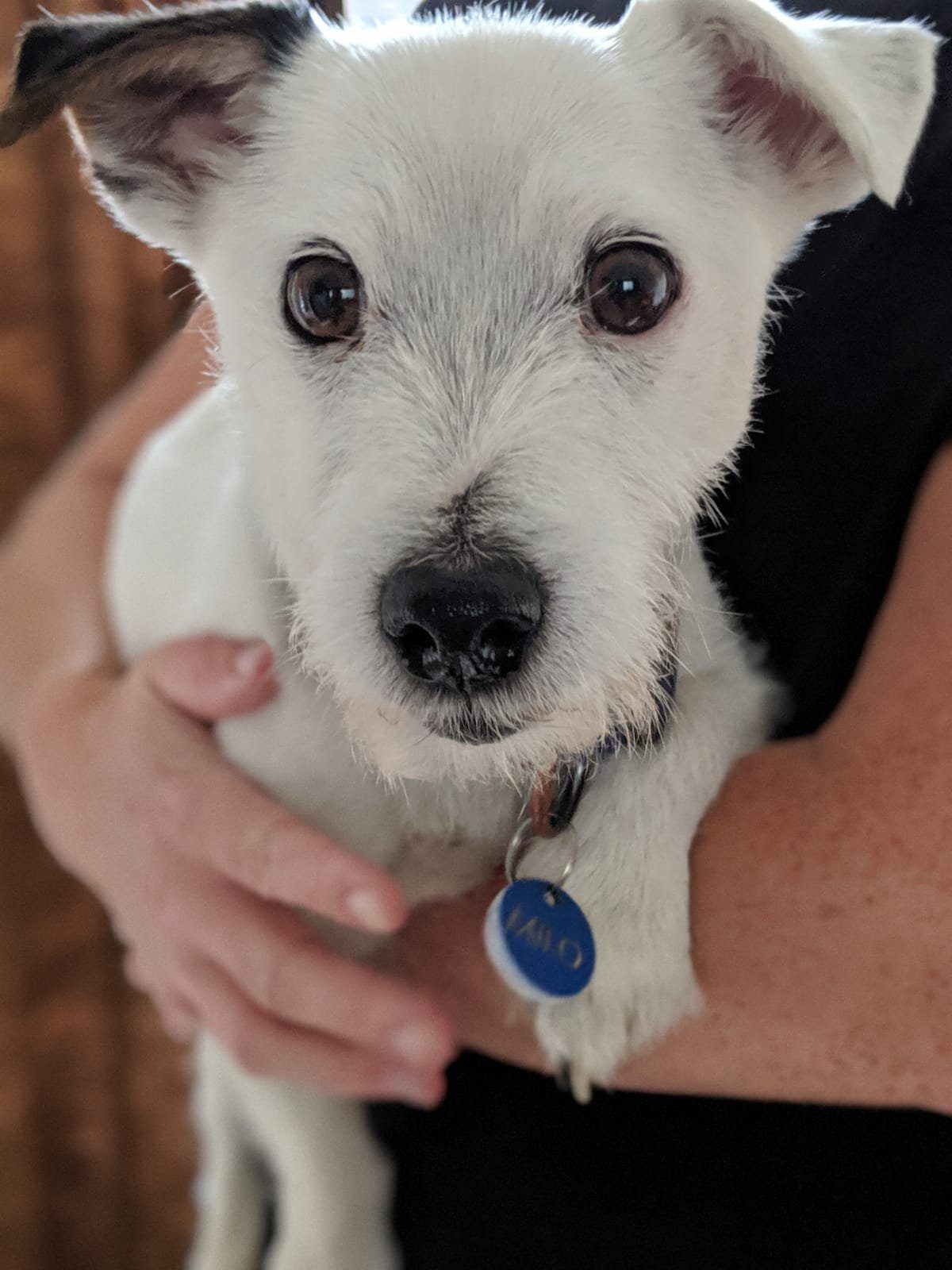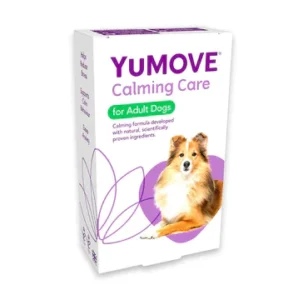
Dogs are pack animals and hate to be alone. It’s common for dogs in the UK to miss owners, with work and social commitments often separating us from our canine counterparts. But sometimes separation anxiety in dogs can be a real problem, particularly if they have spent a lot of time with one person (like during lock-down with Covid19), and the routine suddenly changes forcing them to spend more time alone.
This post may contain affiliate links: Read more here.
Common signs of separation anxiety in dogs
- Destructive behaviour, chewing furniture, emptying the bin, tugging at the curtains
- Excessive barking or howling
- Going to the toilet inside the house
- Trembling or getting worked up as you are about to leave the house
How to cure separation anxiety in dogs
One way to deal with separation anxiety in dogs is the three step approach, it takes two weeks strictly following these rules;
- Don’t touch your dog
- Don’t talk directly to them
- Avoid any eye contact
This emulates the behaviour of the canine mother to her puppies when they get older. It can seem harsh and be extremely hard for a loving owner to do, but it has been proven effective in making the dog more independent and confident in being alone.
Training your dog to be alone
If that sounds a little drastic the same effect can be achieved through play and reward.
As shown in this video by celebrity dog trainer Cesar Milan, selecting a safe area (eg. a bed) for your dog and encouraging them to stay there while you go about your daily tasks.
Reward them for staying in bed and not following you around. Then take this to the next level by leaving the room for “micro-absences” and using a calm-assertive energy to reward the dog for not panicking when you leave them alone.
What other ways are there to treat separation anxiety?
Regular exercise is important for a healthy dog. It’s important to keep them fit, mentally stimulated and it can stop them misbehaving while you’re not there.
Often excessive barking is simply just boredom, they don’t do it when you’re there because they are focusing on you.
Dogs sleep between 12 to 14 hours a day, so alone time is perfect for a relaxed dog to get in the extra sleep they need.
Why does my Jack Russell follow me everywhere?
Micro absences can really help training a Jack Russell with separation anxiety. Try feeding them in a separate room to you, feed them a few treats while you go to the bathroom, try to emphasise they can enjoy themselves when you aren’t there.
Try to make your dog spend more time with different family members.
If your Jack Russell won’t leave your side or is showing any signs of a possessive nature try letting go a little, encourage other family members and even other households to take care of your dog for a couple hours.
Socialising is key to a happy dog. Getting a dog trainer or going to training lessons can be an excellent way to build confidence with your dog.
Distraction toys to help separation anxiety in Jack Russells
Another way to decrease separation anxiety is to introduce new toys. They can help to stimulate their minds, distract them from you and teach them to occupy themselves independently.
Kong’s, distracting lick mats and puzzle toys that will keep your pooch amused for hours.
You can also get a dog sitter to reduce the amount of time your Jack Russell is home alone. Find a dog walker near you on Bark.
It is essential that you avoid punishing your dog for misbehaviour while you were away.
Dogs simply won’t understand the connection between you being angry and the mess on the carpet – even if it’s pointed out to them!
All it will do is add to the anxiety and increase the bad behaviour.
Is there medication for separation anxiety in dogs in the UK?
Although it’s best in the long term to use training methods to decrease the effect of separation anxiety there are some calming medications that can help in extreme circumstances.
It’s always best to speak to your vet to make sure you get advice tailored to your dog.
Herbal medicines like CBD Oil and Valerian and Skullcap can also be used to reduce a dogs stress.
There are also certain treats available that have naturally calming ingredients.
Please do be careful and do your research when using herbal treatments as some essential oils (like Tea Tree oil) can be highly dangerous for dogs.
Calming pet beds, blankets and coats are also available at all good pet stores, although the jury is still out on how effective these actually are without any other form of training or treatment.


